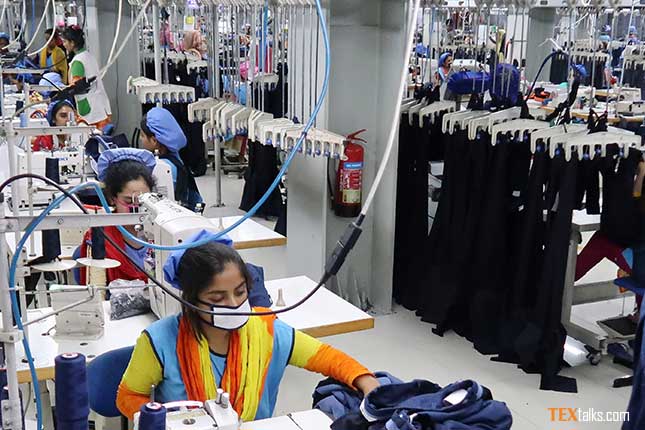With the high number of garment factories in Bangladesh, it is also a producer of fabric waste or cuttings, which can help the industry shift from a linear to a circular textile economy and create new opportunities.
This observation came at a discussion titled ‘Unlocking the Waste Value Chain with an Integrated Circular Approach’ held in Dhaka by an eminent panel of industry leaders.
“The discussions centered on the challenges and opportunities of transforming the fabric waste also called pre-consumer waste, within the textile and clothing industry,” media reports stated.
Ideas were also shared on how partnerships between waste management companies, traceability solution offering companies, and textile recycling companies, can make an efficient waste value chain.
Panelists spoke about the current size of the pre-consumer waste generated by the Bangladeshi garment sector, the economic and environmental impact of the waste, and the potential benefits of recycling.
The discussions emphasized the importance of partnership between academia, industry, and government in implementing and developing a circular textile economy policy.
They also spoke regarding the role of international partnerships, government policies, and technologies in promoting recycling and circularity in the textile and garment sector.
“Tracking and tracing the recycled textile waste is also important as it will create transparency and create confidence among consumers to buy recycled clothing,” they opined.
All the panelists concluded that the challenge is complex, but were optimistic that it can be achieved via partnerships and innovation.



